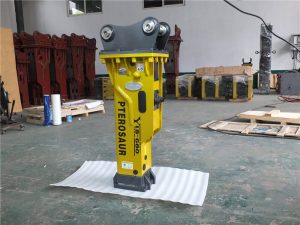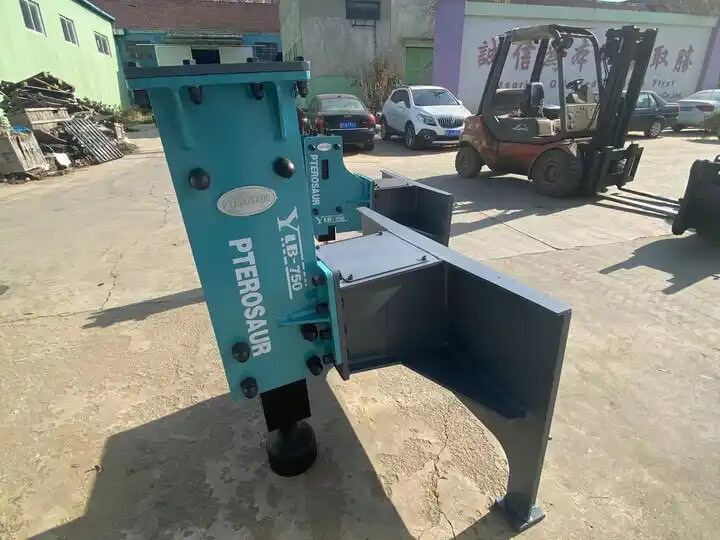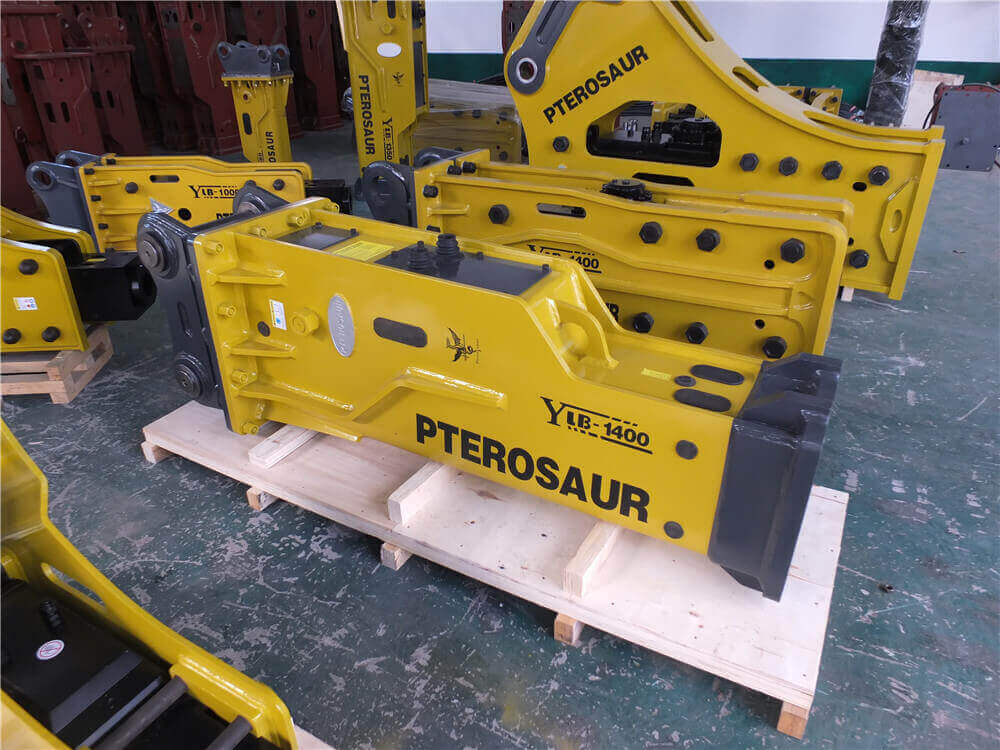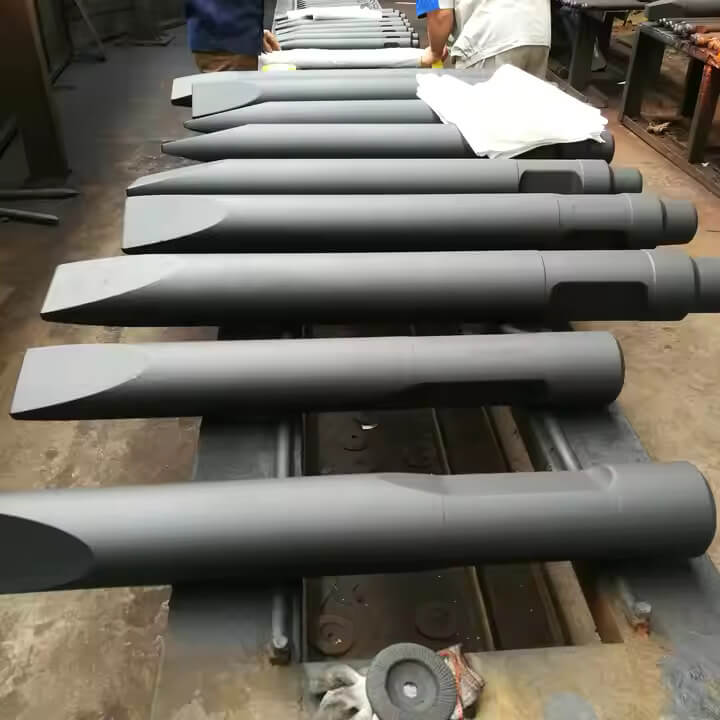Understanding Hydraulic Breaker Hammers: Definition, Uses, and Best Practices
Hydraulic breaker hammers, often simply referred to as hydraulic hammers, are vital tools in the construction and demolition industries. These powerful devices utilize pressurized hydraulic fluid to deliver concentrated force, primarily designed for breaking concrete, rocks, and other hard materials. In this article, we will explore the definition, uses, and key considerations when using hydraulic breaker hammers.
What is a Hydraulic Hammer?
A hydraulic hammer is a type of percussion tool that breaks up and demolishes tough structures, such as concrete and rock formations. The term “hydraulic” refers to the auxiliary hydraulic system that powers this robust tool. The mechanism works by generating a rapid series of impacts, each capable of delivering high energy to the target material, thus facilitating effective demolition operations.
Applications of Hydraulic Breaker Hammers
Hydraulic hammers are widely regarded for their precision in demolition tasks. They are primarily used for:
-
Demolition of Concrete Structures: Hydraulic hammers excel in breaking down concrete walls, slabs, and foundations. Their precise impact helps prevent collateral damage to surrounding structures.
-
Rock Excavation: In construction and mining, hydraulic hammers are invaluable for breaking rock formations, making them essential for excavation projects.
-
Road Construction and Repair: These tools are frequently employed for removing old pavement and preparing surfaces for new materials.
Advantages of Using Hydraulic Breakers
-
Precision: Hydraulic hammers deliver focused impacts that break down only the intended material, minimizing unwanted damage.
-
Efficiency: Their powerful performance allows for faster completion of demolition tasks, reducing downtime and labor costs.
-
Versatility: Hydraulic hammers can be fitted to various excavators and are available in different sizes, making them suitable for a wide range of applications.
-
Durability: High-quality hydraulic hammers are built to withstand intense use, ensuring longevity and reliability on job sites.
Selecting the Right Hydraulic Hammer
When choosing a hydraulic breaker, consider the following factors:
-
Excavator Size: Ensure that the hydraulic hammer is compatible with the size and capacity of your excavator. For example, models like the GXS150 Gorilla Hydraulic Breaker are designed for excavators weighing around 30 tons.
-
Impact Energy: Assess the impact energy (measured in foot-pounds) required for your specific application. Hydraulic hammers typically range from medium to heavy-duty models, providing varying energy outputs.
-
Manufacturer Reputation: Leading brands like Atlas Copco, Indeco, and CASE offer reliable hydraulic hammers known for their performance and durability.
Maintenance of Hydraulic Breakers
Proper maintenance of hydraulic hammers is crucial for optimal performance and longevity. Here are some tips:
-
Regular Inspections: Check for signs of wear and tear, such as loose bolts or leaks in the hydraulic system.
-
Lubrication: Use high-quality hydraulic hammer grease to maintain effective operation and reduce friction between moving parts.
-
Prompt Repairs: Address any issues immediately to prevent further damage and ensure safety during operation.
Conclusion
Hydraulic breaker hammers are indispensable tools in the demolition and construction industries. Their ability to precisely break down hard materials while minimizing collateral damage makes them a preferred choice for many professionals. By understanding their applications, benefits, and maintenance requirements, users can ensure efficiency and effectiveness in their projects. Whether you’re involved in heavy demolition or light excavation, selecting the right hydraulic hammer is essential for achieving optimal results.



































